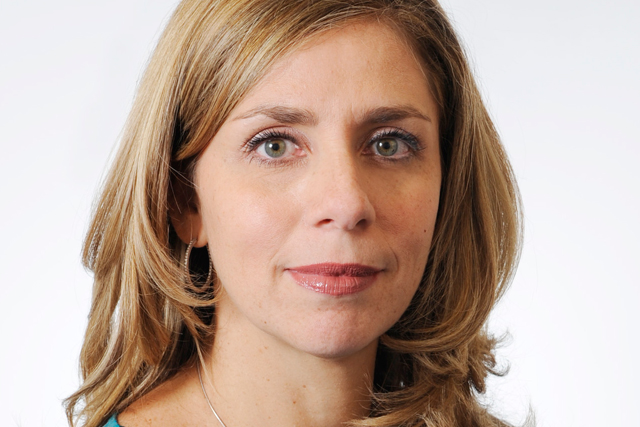
Speaking at The FT Digital Media conference the morning after the acquisition of Oculus, Mendelsohn said that the immediate applications of the virtual reality technology will be to help developers to create "immersive" games on Facebook.
Mendelsohn argues that beyond gaming, the technology will allow people to feel like they are actually at a football match or mean people can share things with a doctor online in a much more "intimate" environment.
Her words echoed those of Facebook's chief executive Mark Zuckerberg during a conference call with analysts last night, who discussed similar applications.
Although when Marketing met Visualise co-founder Henry Stuart and Curb head of new business Jon Spary, they expressed doubts about the ability to watch top-tier sporting spectacles live using Oculus because of the jealously guarded broadcasting rights tied to sport.
When asked about Facebook’s attitudes to data that can be collected on the network, Mendelsohn explained Facebook did not act as "editors" of the data and "we need people to be in charge of their own data and content, that is really important to us."
Facebook has bought Oculus as it looks to identify the platform beyond mobile, with Mendelsohn admitting the company made a "mistake" with mobile initially, because "we built on the wrong platform".
After being slow to adapt to the growth of the mobile web, Zuckerberg laid out rules that meant none of the engineers were allowed to present him with a new product if it was not coded on mobile first.
Mendelsohn said it was this policy that allowed Facebook to go from "zero" mobile revenue 18 months ago, to over 53% of revenues now coming from mobile.



.jpg)
.jpeg)
